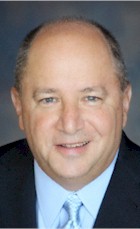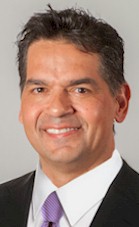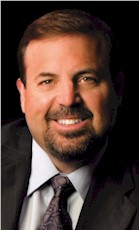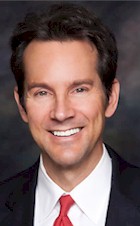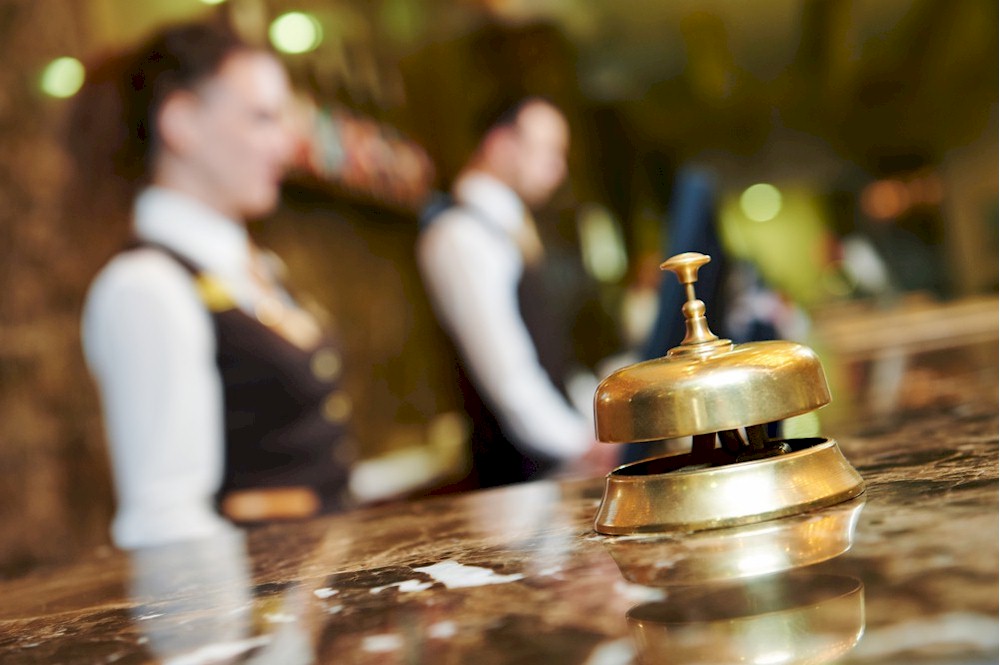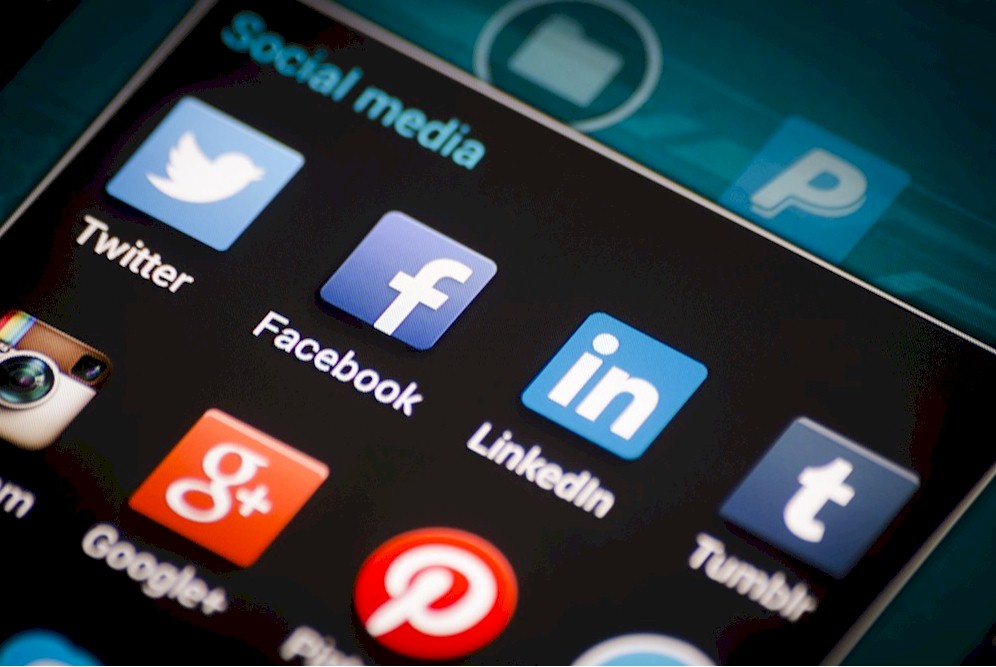
Virtually every hotel is involved in digital marketing is some shape of form. If it is done well, it can increase views, likes, click throughs, and more importantly, sales and revenues. And it can reduce marketing costs. But this is still a relatively new communication channel for hotels as well as consumers/guests so the path to success can be filled with bumps and bruises. Every hotel needs the right people to steer clear of these hazards. In this article, you will find out who you need to have in your hotel's “digital dream team.” READ MORE


 Hotel Sales & Marketing departments have been dramatically transformed in recent years. Advances in technology have prompted changes in consumer buying habits, and these professionals have had to adapt to keep up. Like so many other facets in the industry, the shift to digital is leading the way. An established online presence provides marketing professionals with more direct interaction with their guests; the capacity to collect more detailed information about them; and an increased ability to share their brand stories. These endeavors can be accomplished through website usage but increasingly, social media is assuming a larger role in the digital mix. Social media has moved marketing into a new era. Hotels that offer a good product, at a good value, and consistently deliver that product and price, will benefit from thousands of people who view positive comments on travel review sites. Online reviews continue to be a popular way for users to determine which companies they can trust. And though online marketing may have changed how professionals connect with and convert customers, they still need to focus on traditional marketing channels as well - ones that are cost-effective; protect price integrity; and which generate the most bookings. Some of the larger chains are employing efforts that feature both a top down (global) and bottom up (local) approach to ensure that new business is generated from the greatest number of sources. These include the use of loyalty programs, monthly e-mail newsletters, brand identity tools, advertising campaigns tailored to specific regions, regional marketing co-op programs, and business-to-business marketing campaigns. The November Hotel Business Review will examine some of these critical issues and explore what some sales and marketing professionals are doing to address them.
Hotel Sales & Marketing departments have been dramatically transformed in recent years. Advances in technology have prompted changes in consumer buying habits, and these professionals have had to adapt to keep up. Like so many other facets in the industry, the shift to digital is leading the way. An established online presence provides marketing professionals with more direct interaction with their guests; the capacity to collect more detailed information about them; and an increased ability to share their brand stories. These endeavors can be accomplished through website usage but increasingly, social media is assuming a larger role in the digital mix. Social media has moved marketing into a new era. Hotels that offer a good product, at a good value, and consistently deliver that product and price, will benefit from thousands of people who view positive comments on travel review sites. Online reviews continue to be a popular way for users to determine which companies they can trust. And though online marketing may have changed how professionals connect with and convert customers, they still need to focus on traditional marketing channels as well - ones that are cost-effective; protect price integrity; and which generate the most bookings. Some of the larger chains are employing efforts that feature both a top down (global) and bottom up (local) approach to ensure that new business is generated from the greatest number of sources. These include the use of loyalty programs, monthly e-mail newsletters, brand identity tools, advertising campaigns tailored to specific regions, regional marketing co-op programs, and business-to-business marketing campaigns. The November Hotel Business Review will examine some of these critical issues and explore what some sales and marketing professionals are doing to address them.




